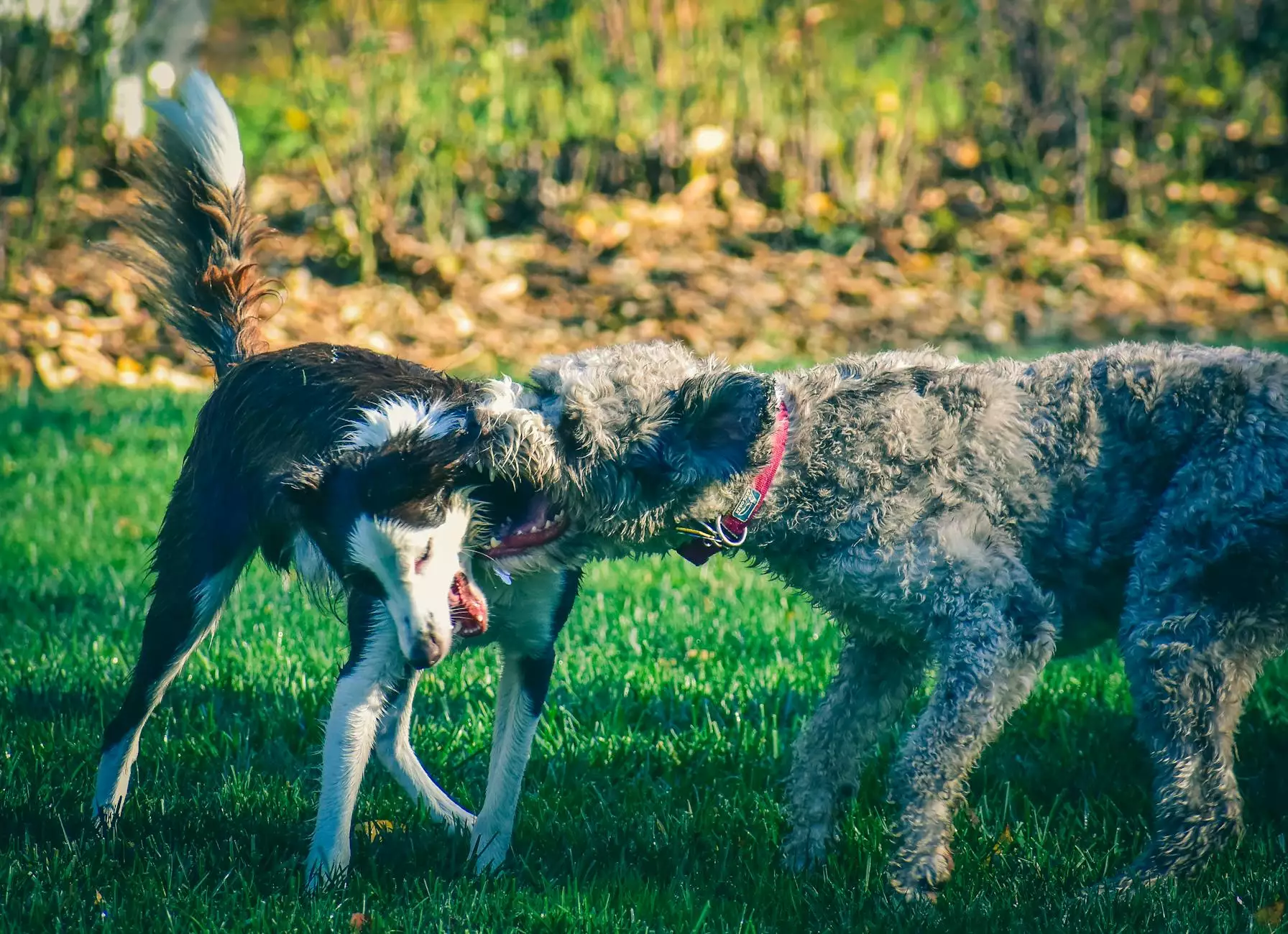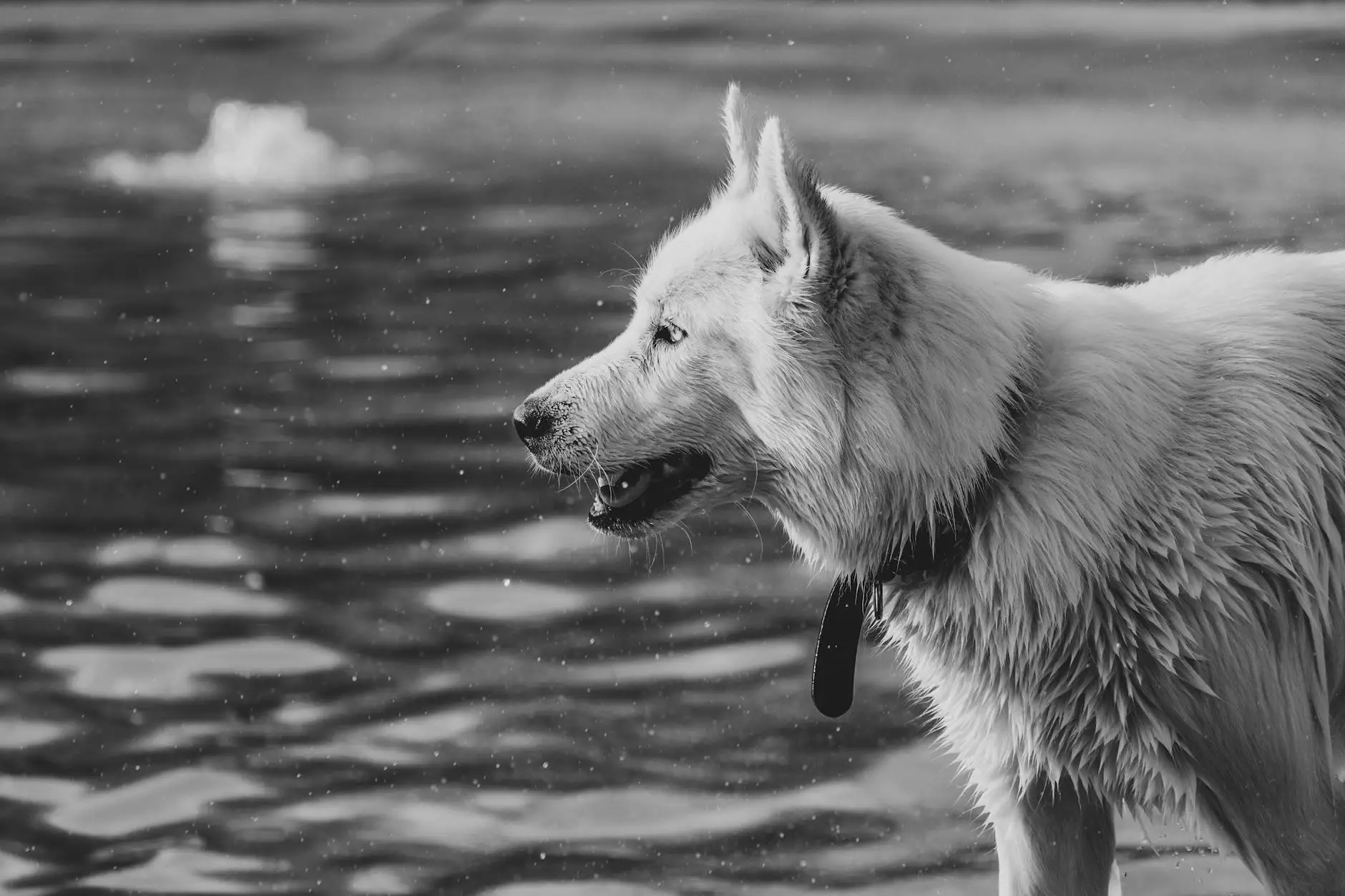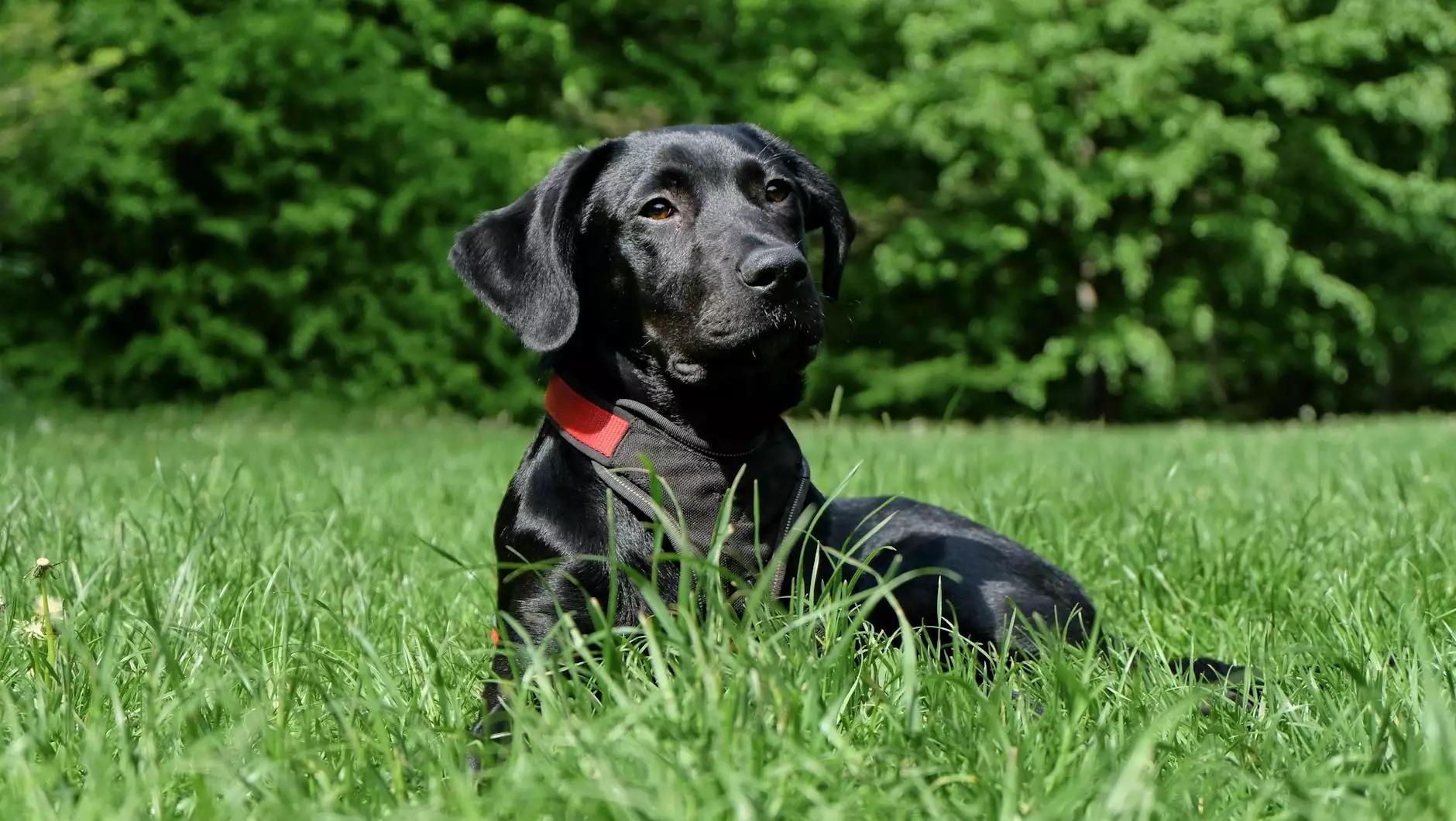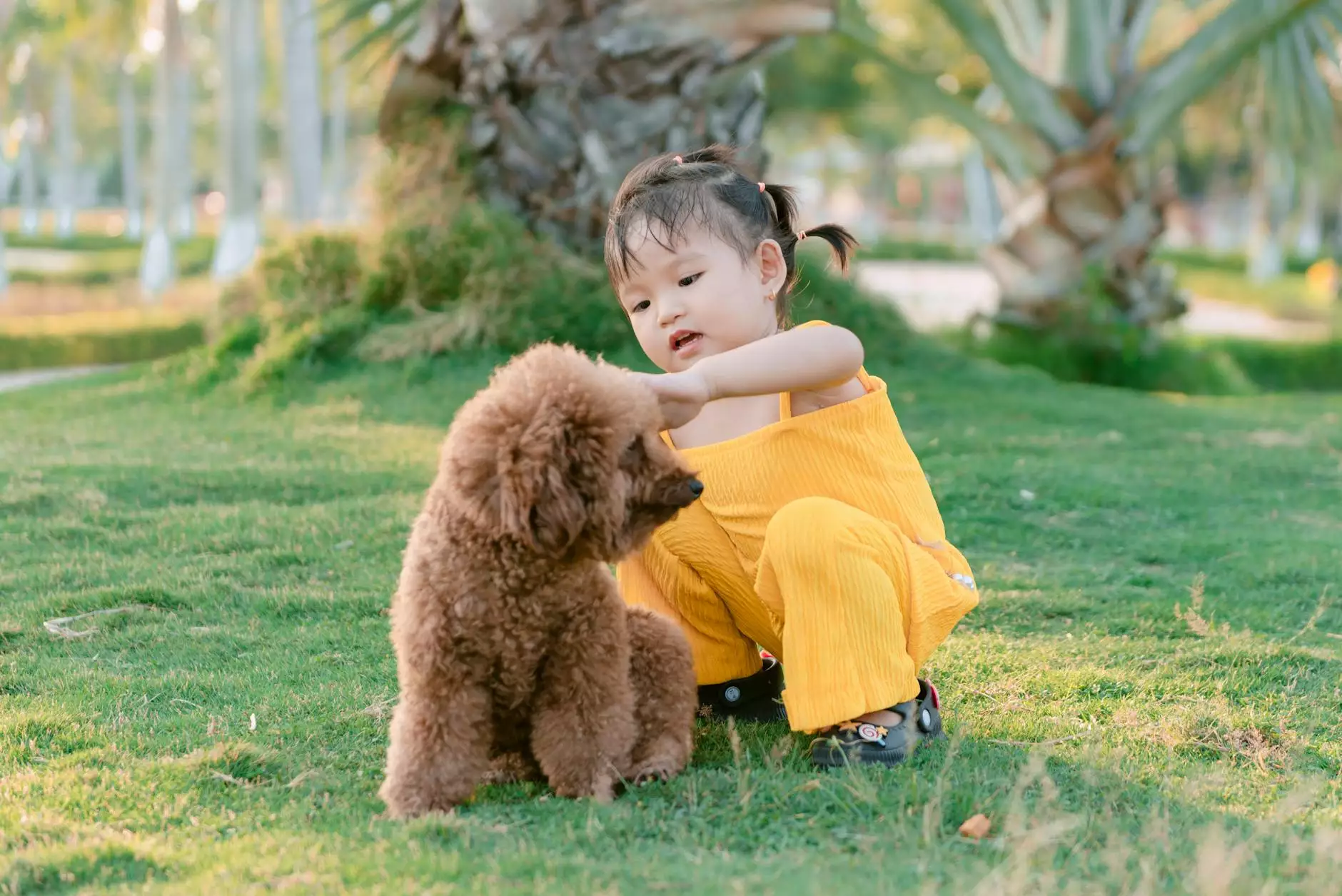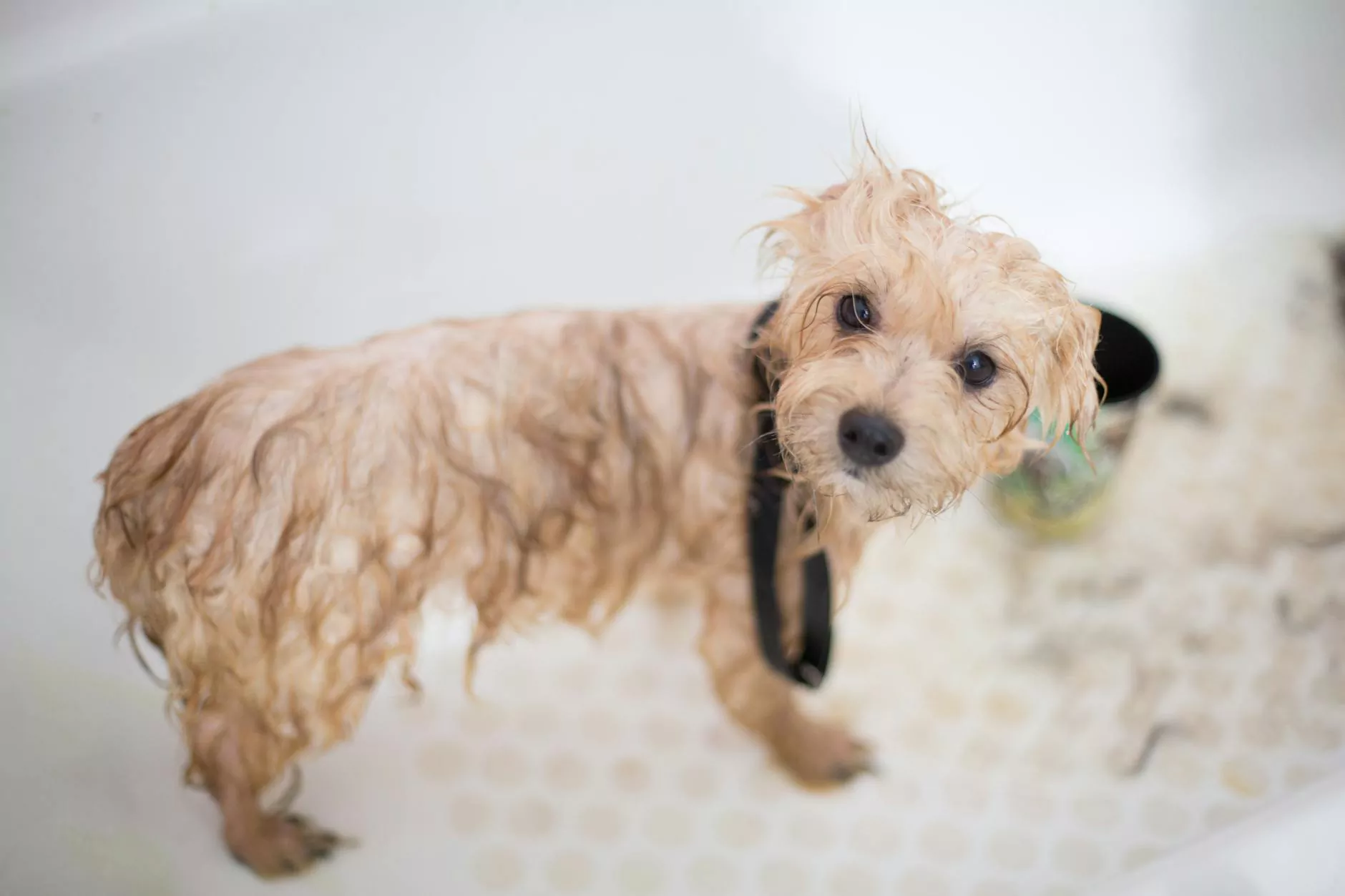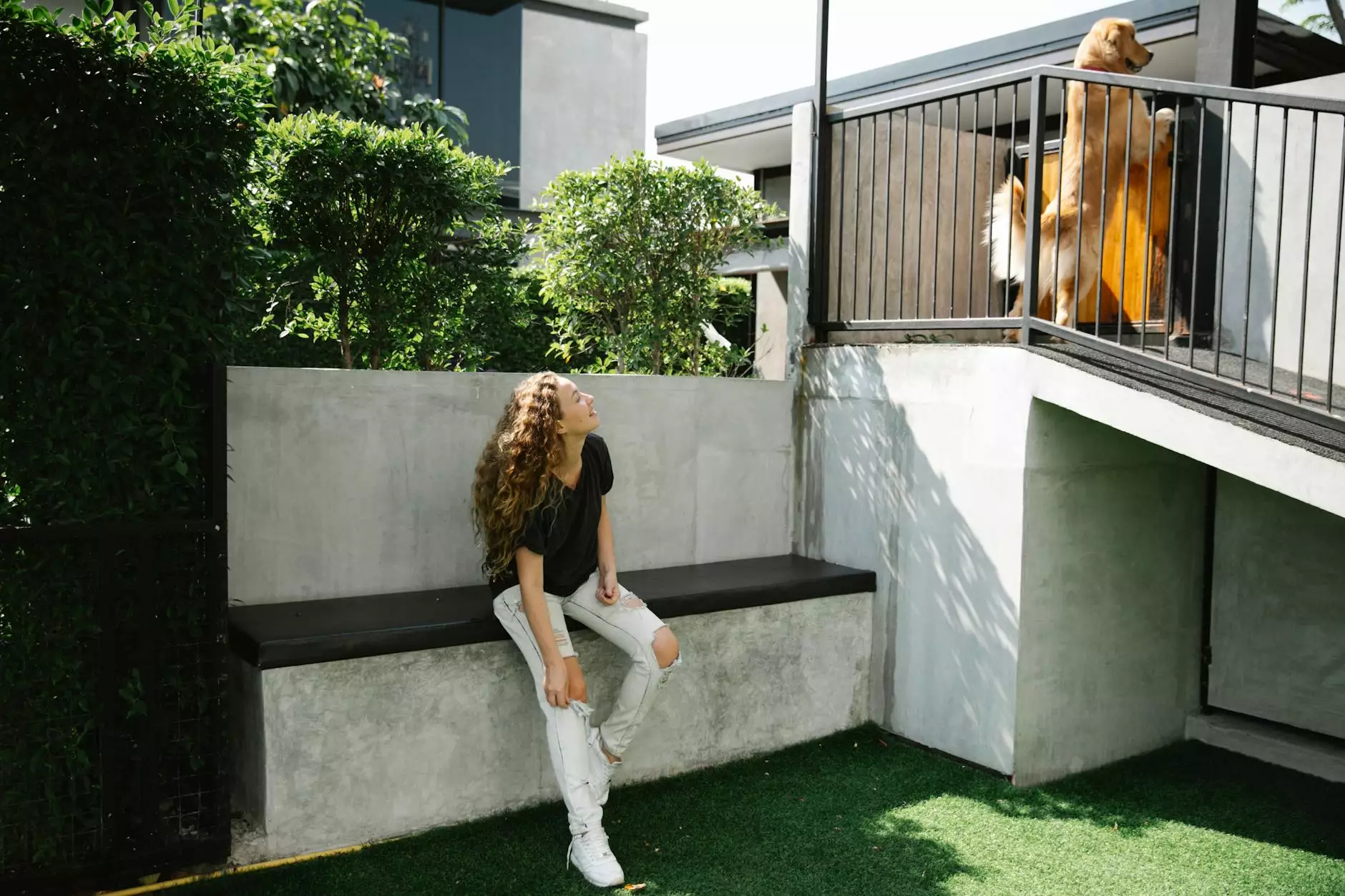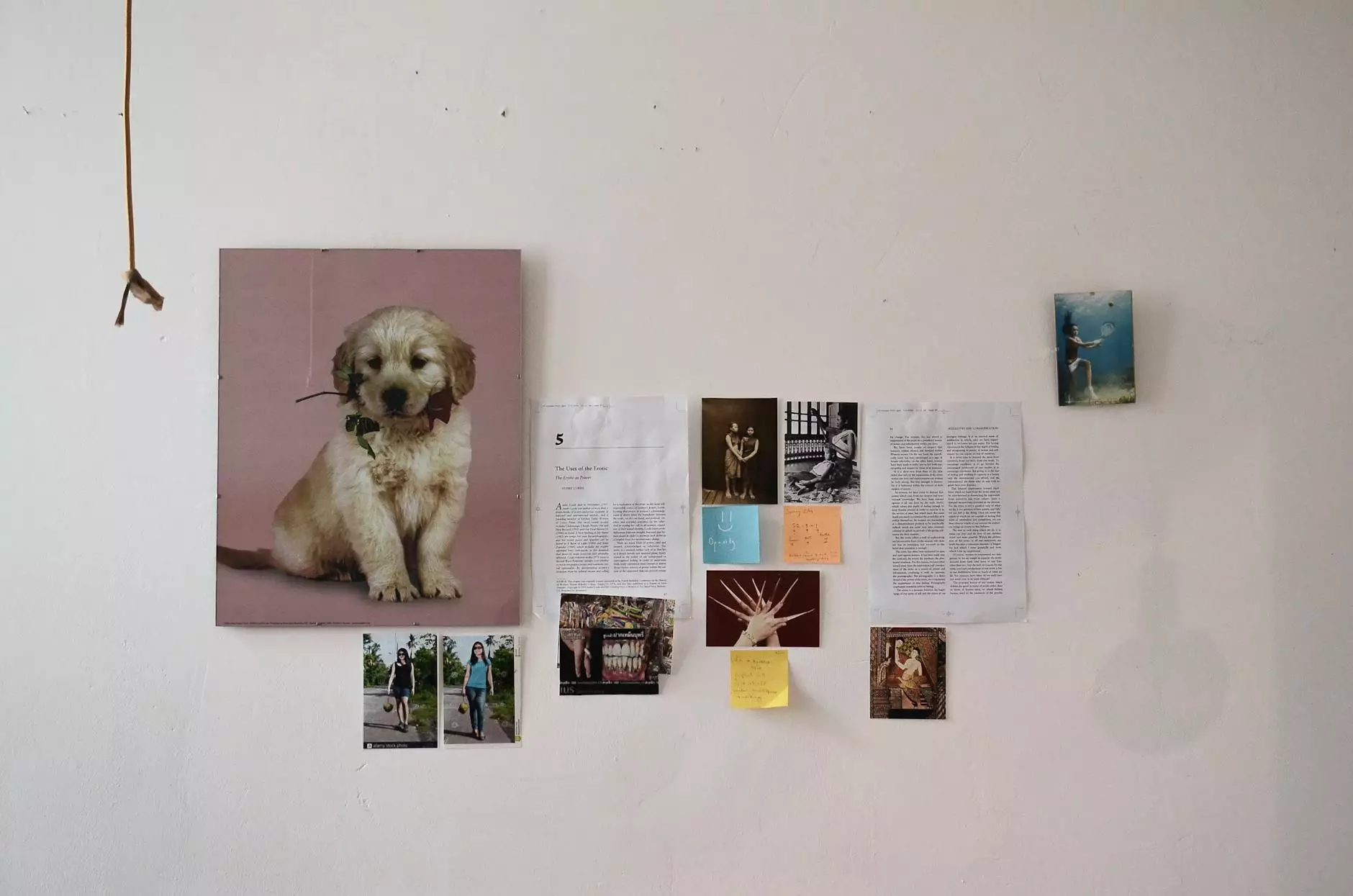Addressing Food Aggression in Dogs
SEO Services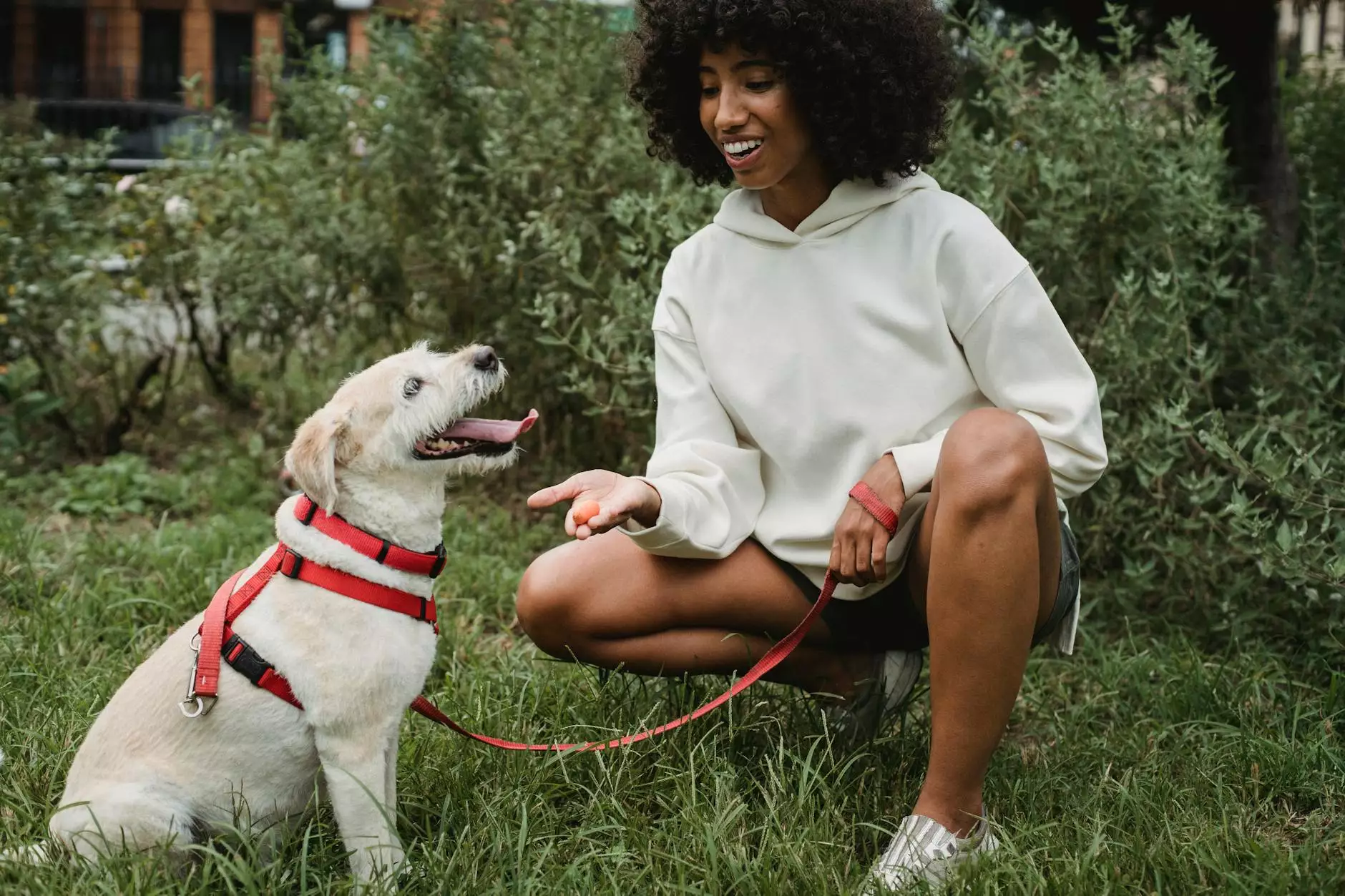
Dealing with food aggression in dogs can be a challenging and concerning issue for pet owners. If your dog has suddenly become food aggressive or displays aggressive behavior around food, it is essential to address the problem promptly to prevent potential conflicts and ensure the safety of all pets in your household.
Recognizing Signs of Food Aggression
Before diving into how to punish food aggression in dogs, it is crucial to identify the signs of food aggression in your pet. Common indications of food aggression include growling, snapping, or biting when approached while eating, guarding food or food bowls, and displaying tense body language during meal times.
Understanding the Causes of Food Aggression
There can be various reasons why a dog might exhibit food aggression. It could stem from resource guarding tendencies, fear or anxiety around food, past negative experiences, or even a lack of proper socialization. Identifying the underlying cause of your dog's food aggression is crucial in developing an effective strategy to address the issue.
How to Handle Food Aggression in Dogs
When it comes to managing food aggression in dogs, punishment is not the most effective approach. Punitive measures can exacerbate the problem and lead to further behavioral issues. Instead, here are some positive strategies to help address food aggression in your pet:
- Establish a Routine: Consistent feeding times and a structured feeding schedule can help reduce anxiety and prevent conflicts around meal times.
- Use Positive Reinforcement: Rewarding your dog for calm behavior around food can help reinforce positive associations and promote good mealtime manners.
- Practice Desensitization: Gradually exposing your dog to situations that trigger food aggression in a controlled environment can help desensitize them over time.
- Seek Professional Guidance: Consulting with a professional dog trainer or behaviorist can provide valuable insights and customized strategies to address food aggression in your dog.
Managing Food Aggression Towards Other Dogs
If your dog is food aggressive towards other dogs in your household, it is essential to take extra precautions to prevent conflicts and ensure the safety of all pets. Here are some tips to manage food aggression between dogs:
- Feed Separately: Provide separate feeding areas for each dog to avoid competition and reduce the risk of confrontations.
- Supervise Meal Times: Monitor interactions between dogs during feeding to intervene promptly if any signs of food aggression arise.
- Implement Training: Training both dogs to respond positively to mealtime cues and commands can help prevent conflicts and promote peaceful coexistence.
Conclusion
Handling food aggression in dogs requires patience, understanding, and consistent training. By addressing the underlying causes of food aggression and implementing positive reinforcement techniques, you can help your pet develop healthier mealtime behaviors and foster a harmonious environment in your home.
